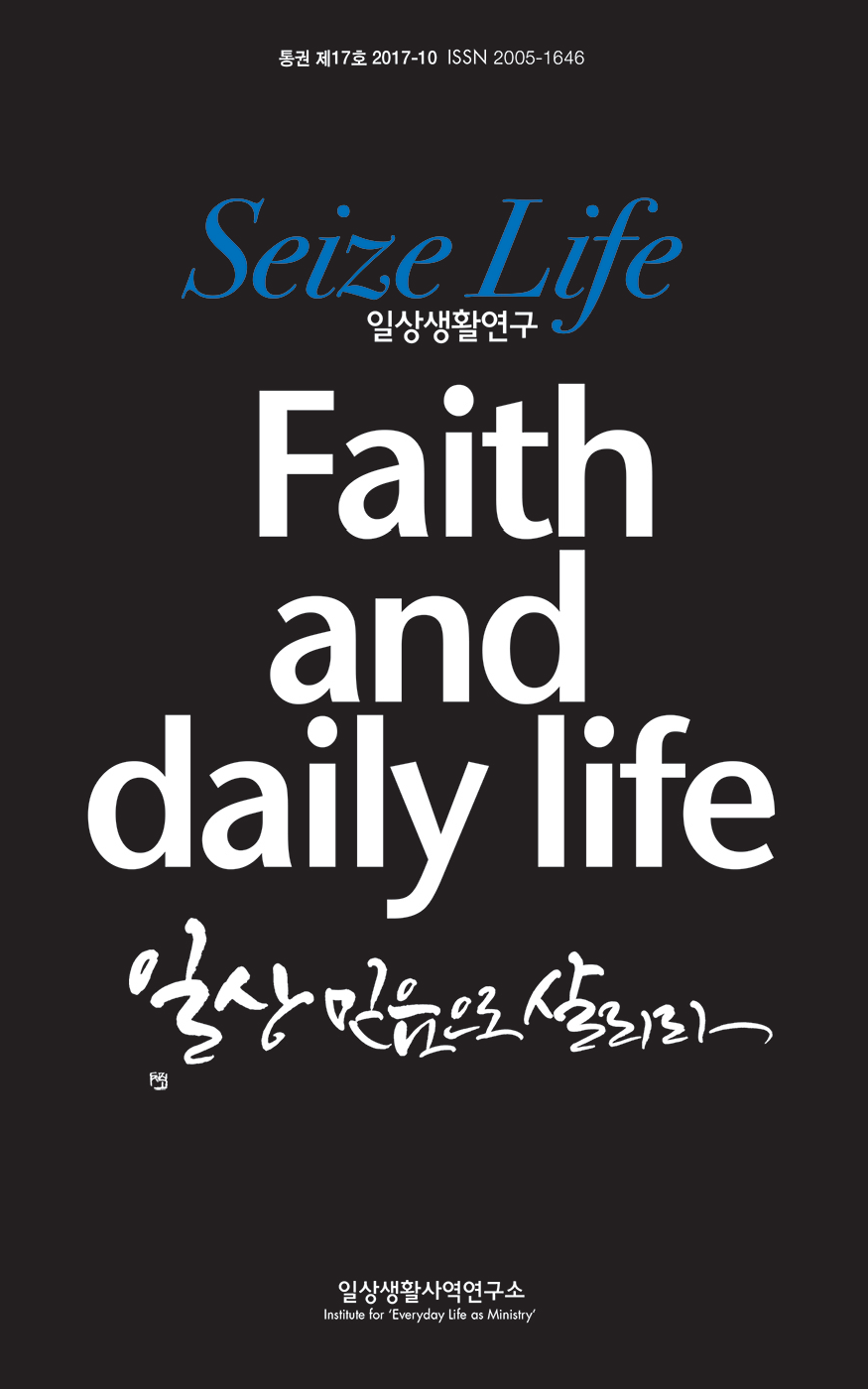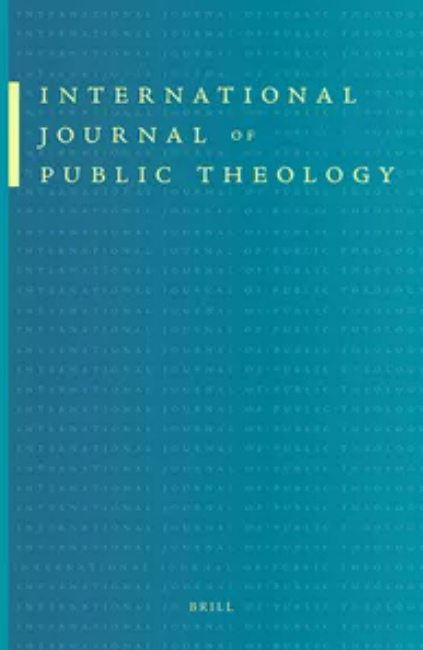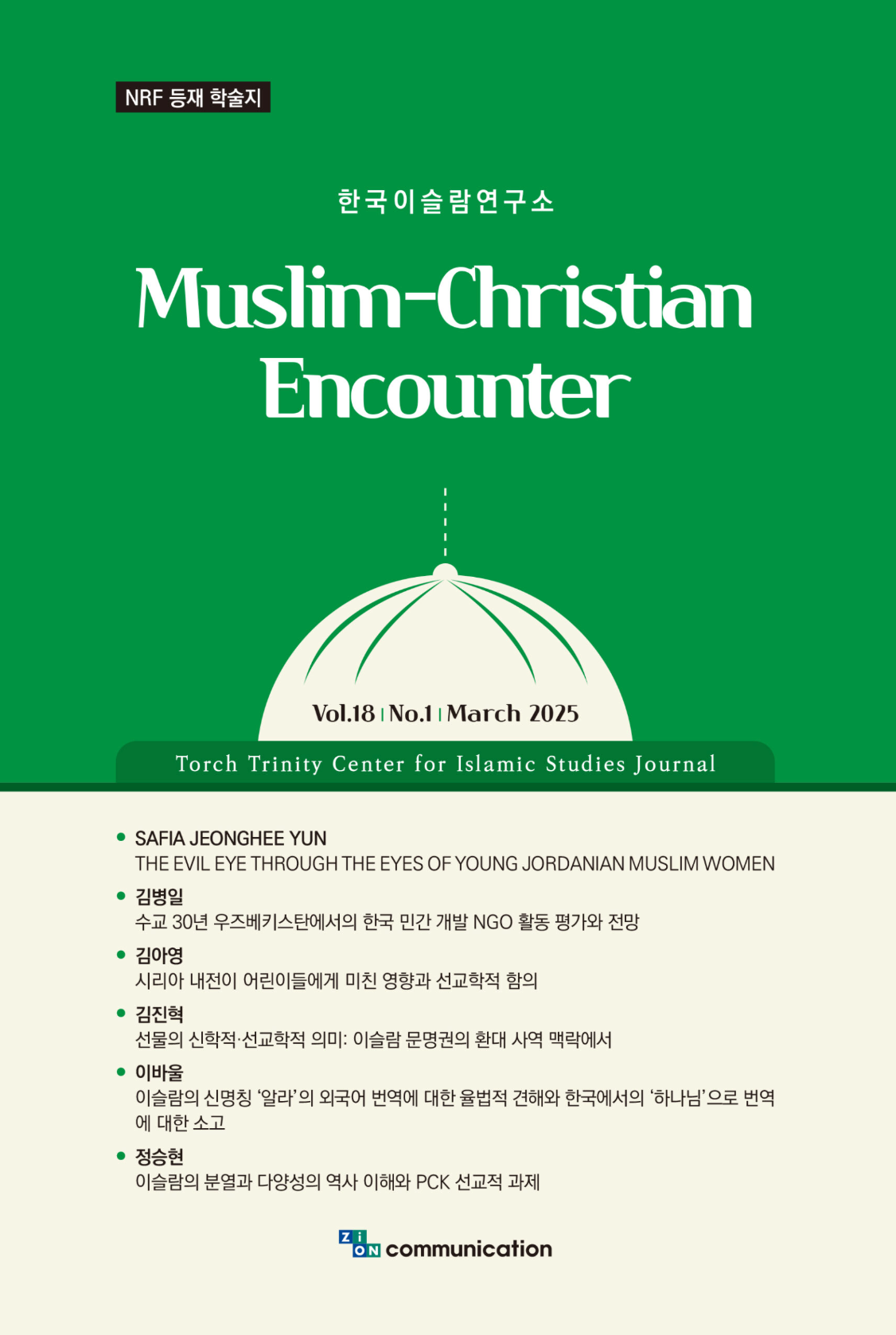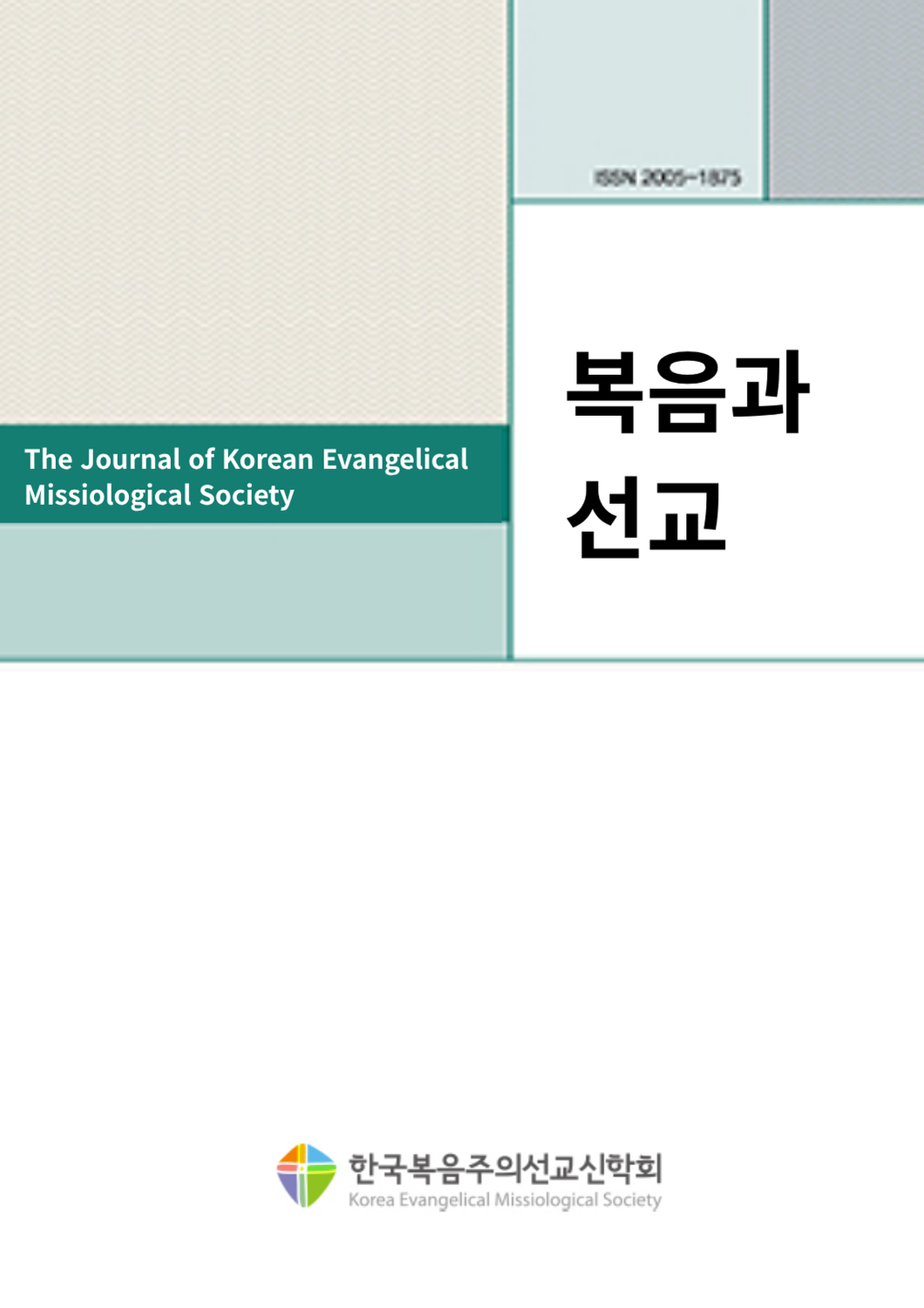https://doi.org/10.1163/15733831-12342006
1710년 크리스토퍼 코드링턴 경이 두 개의 농장을 유증하면서, 해외복음전파협회(SPG; 1701년 설립)는 노예 소유 법인으로 설립되었다. 이 수탈된 노동력은 18세기와 19세기 초 SPG의 전 세계 선교 활동에 부분적으로 자원을 제공했다. 아카이브를 개념이자 실체로 다루는 것은 복음 안의 연합교회협력회(USPG; 현재의 조직 형태)에 복잡한 과거와 대화하며 그 기업적 정체성과 실천을 재협상할 기회를 제공했다. USPG의 얽히고설킨 잔재는 탈식민화, 호혜성, 물질적 및 문화적 자본의 불평등한 분배, 그리고 이러한 활동의 서술을 협상하는 조직과 다양한 글로벌 이해관계자들에게 지적 및 실제적 복잡성을 제기한다. USPG를 현대 사례 연구로 사용하여, 본 에세이는 조직의 정체성과 탈식민주의적 열망을 탐구합니다. 영토, 신체, 정신의 식민화 역사에 의해 형성된 현재의 인식론적 위계는 서구의 지식 형태, 모델링, 그리고 질병 발생에 대한 대응을 특권화하며, 이는 소수 엘리트의 이익을 계속해서 보호한다. 우리는 미래를 위한 돌봄(care)을 탈식민화하기 위해서는 과거의 돌봄 식민화, 즉 그것이 작동했던 복합적인 구조들(인식론적, 방법론적, 지리적)과 그것이 현재의 얽힌 글로벌 네트워크에 미치는 영향을 이해하는 것이 필요하다고 주장한다.
주요어: 선교; 개발; 아카이브; 탈식민화; 건강; 웰빙; 돌봄
Sir Christopher Codrington’s bequest of two plantations in 1710 constituted The Society for the Propagation of the Gospel in Foreign Parts (SPG; founded 1701) as a corporate owner of enslaved people; this expropriated labour partially resourced their global missionary endeavours during the eighteenth and early nineteenth centuries. Engaging with the archive as both a concept and entity has offered United Society Partners in the Gospel (USPG; the organization in its contemporary form) an opportunity to renegotiate its corporate identity and practice in dialogue with its complex past. USPG’s entangled afterlives pose intellectual and practical complexities for the organization and a range of global stakeholders negotiating decolonization, reciprocity, the inequitable distribution of material and cultural capital, and the narration of these activities. Using USPG as a contemporary case study, this essay explores organizational identity and decolonial aspiration. Current epistemic hierarchies, shaped by histories of colonization of territories, bodies, and minds, privilege Western forms of knowledge, modelling, and response to disease outbreak which continue to protect the interests of small elites. We argue that to decolonize care for the future, it is necessary to understand the colonization of care in the past, the complex structures – epistemological, methodological, and geographical – through which it operated and its implications for entangled global networks in the present.
Keywords: mission; development; archives; decolonization; health; wellbeing; care


%20copy.jpg)




